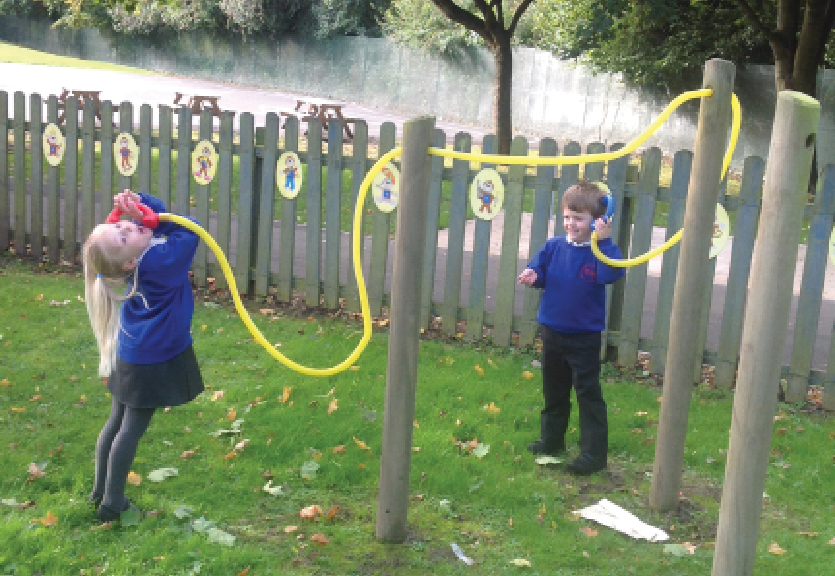
Moon’s Moat First School is a larger than average First School in the West Midlands. The children are part of a three-tier system where they transfer to Middle School at the end of Year Four. The school is situated in an area of high levels of deprivation. The majority of pupils in the school are White British. Twenty-seven per cent of pupils are classed as Pupil Premium children. The school has been part of the Achievement for All family for four years. It gained Quality Mark status in 2015 and Quality Lead status in 2017. The school was judged to be good at its last inspection in March 2017.
I became Deputy Headteacher in 2006, although I had undertaken the role as an acting deputy for the school year prior to this. I work closely with the Headteacher, who was appointed at the same time as me.
The ethos of the school is ‘Children learn what they live’. Our staff code of conduct is based on the poem with this title written by Dorothy Law Nolte.
Children Learn What They Live
If children live with criticism, they learn to condemn.
If children live with hostility, they learn to fight.
If children live with fear, they learn to be apprehensive.
If children live with pity, they learn to feel sorry for themselves.
If children live with ridicule, they learn to feel shy.
If children live with jealousy, they learn to feel envy.
If children live with shame, they learn to feel guilty.
If children live with encouragement, they learn confidence.
If children live with tolerance, they learn patience.
If children live with praise, they learn appreciation.
If children live with acceptance, they learn to love.
If children live with approval, they learn to like themselves.
If children live with recognition, they learn it is good to have a goal.
If children live with sharing, they learn generosity.
If children live with honesty, they learn truthfulness.
If children live with fairness, they learn justice.
If children live with kindness and consideration, they learn respect.
If children live with security, they learn to have faith in themselves and in those about them.
If children live with friendliness, they learn the world is a nice place in which to live.
By Dorothy Law Nolte, Ph.D
When all staff complete their induction, this poem is at the heart of all of our discussions. This poem also underpins all of the work we do with social and emotional development with children, staff and parents at the school.
The school started its journey with Achievement for All thinking that its provision for disadvantaged pupils was good. Although a lot of good work was being done, it soon became apparent that the open-door approach that we felt we had with parents was not working as well as we had thought. We looked at how many parents were engaging with parent consultation meetings, how many were accessing workshops, what information we were giving them and how often we were enabling them to see their child’s progress in their work. We began asking ourselves questions such as, we think our parents feel valued, but how do we know?